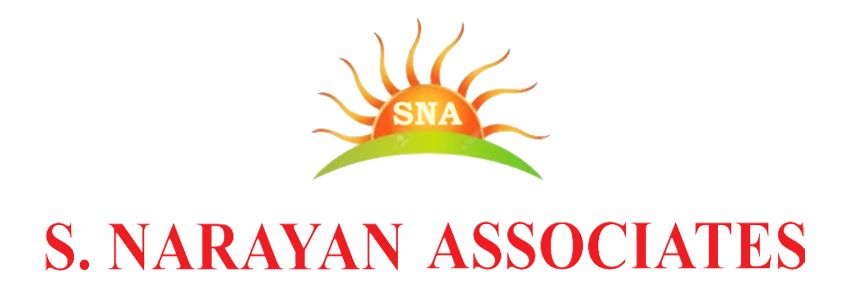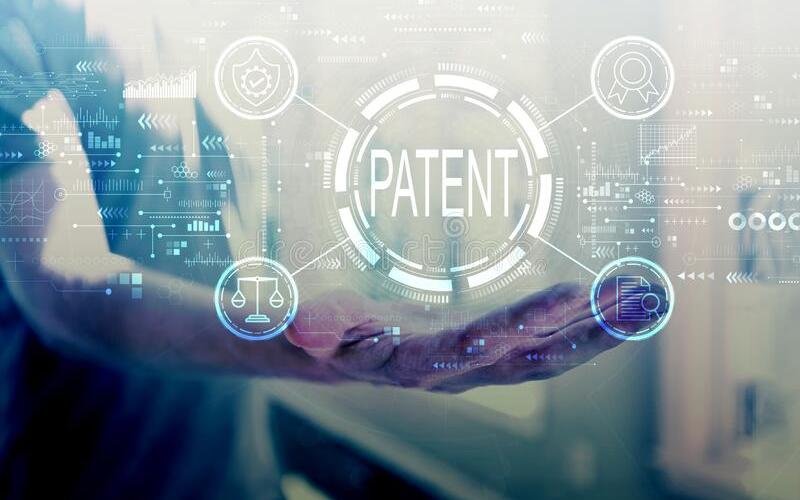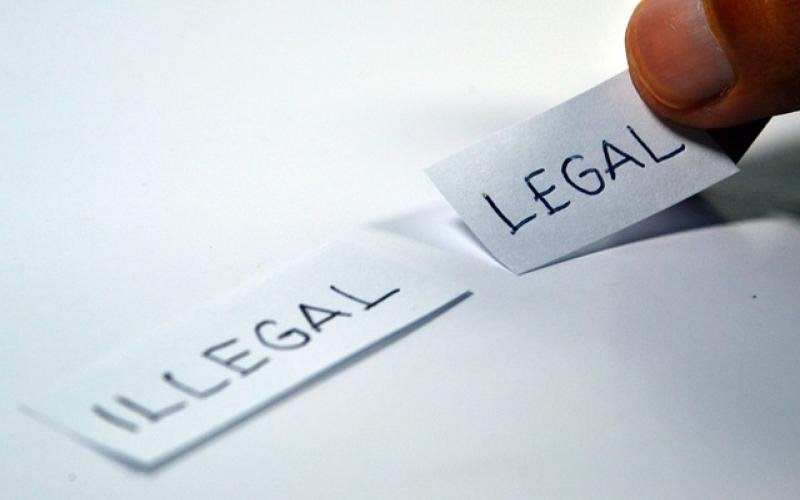
The person who owns the copyright has the exclusive right to use that content. However, there are some exceptions to this as well. If any original content created by a person is saved in any storage device (hardware), then that person automatically gets the copyright of that content.
An artistic, literary, or intellectually created works, such as novels, music, movies, software code, photographs, and paintings that are original and exist in a tangible medium, such as paper, canvas, film, or digital format.
Copyright is a kind of property right on a person’s creative skills. Copyright secures the form or an idea or information expressed by a person, not the idea or information itself. It is made up of a many exclusive economic rights to do some acts with an original work or other copyright subject matter.
This right includes the right to copy, publish, communicate (for example, broadcast, make available online) and publicly perform the copyright material.
Copyright creators also have a lots of non- economic rights. Which are known as moral rights. These are the right of integrity of authors, the right of attribution of authorship and the right against false attribution of authorship.
Copyright is Different From Physical Property
There are clear differences between the copyright and the ownership of the physical article in which the work exists. For example, an author can own the copyright in the form of a book even though the person who purchases it will own the physical copy of the book.
Similarly, the buyer of an original painting does not have the right to make copies of the painting without the permission of the owner of the copyright; the right of reproduction remains with the copyright owner who is generally the artist.
Copyright comes into picture the moment when a work is created. However, from an enforcement perspective, registration is often preferred.
A certificate of registration of copyright contains the date of creation of the document and the creator of the document. These particulars need to be filed with a statutory authority, i.e. the Registrar of Copyrights at the time of registration.



